The battle between Android and iPhone, two of the most popular mobile app developers, will never end. Each of the two systems is a top-notch mobile operating system, and each is trying to outdo the other in terms of app development and users. No wonder that more apps, including third-party app stores like Panda Helper, come to both giant platforms to make sure every user can enjoy their services.
Understandably, both platforms are compelling. However, they also have some drawbacks when it comes to medical app development. This article examines the advantages and disadvantages of Android and iPhone from the perspective of medical app developers.
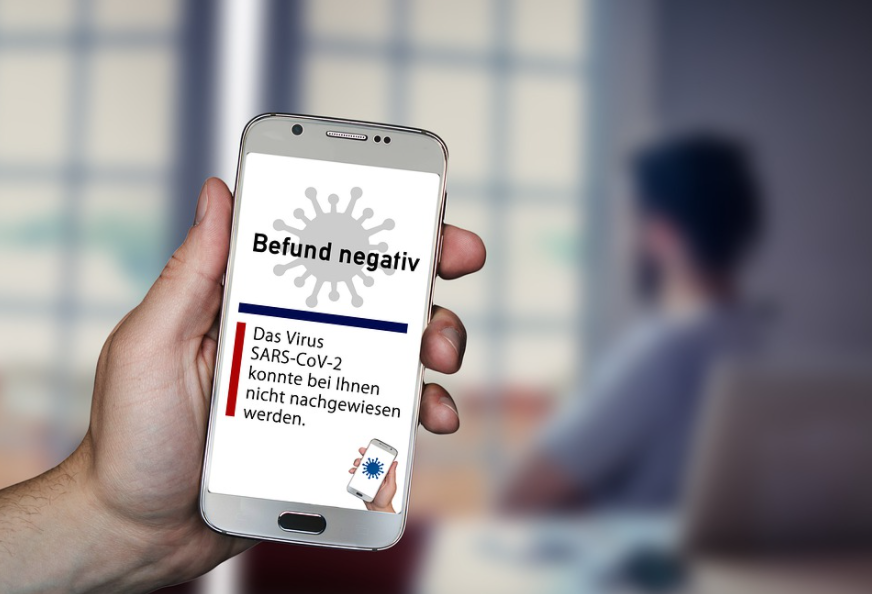
Operating System
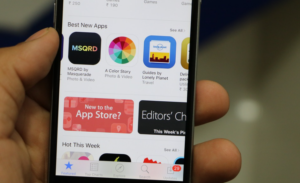 Although both mobile platforms are UNIX-based, the user interface can be pretty tricky at this stage. iPhone has more upper hand in this field than Android. No wonder that Apple’s marketing and advertising strategies have made the iPhone the best smartphone device, despite its weaknesses.
Although both mobile platforms are UNIX-based, the user interface can be pretty tricky at this stage. iPhone has more upper hand in this field than Android. No wonder that Apple’s marketing and advertising strategies have made the iPhone the best smartphone device, despite its weaknesses.
Android, on the other hand, had to overcome many hurdles before it became a significant success. Android’s scalability, versatility, and the fact that there are more developers than Apple make Android so popular today.
Device Compatibility
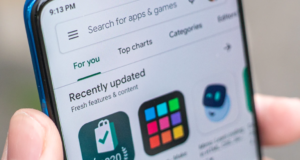 Apple allows developers to work with a single platform, giving them more flexibility in device compatibility. It makes it much easier to develop medical apps without having to worry about compatibility issues. It is also easier to test medical apps, as fewer operating system versions are to contend with.
Apple allows developers to work with a single platform, giving them more flexibility in device compatibility. It makes it much easier to develop medical apps without having to worry about compatibility issues. It is also easier to test medical apps, as fewer operating system versions are to contend with.
Android is a broad platform that supports many devices. It makes it challenging to develop an app that works on all devices. It is even more true for medical apps, which may not work on all devices. On the positive side, Android doesn’t have to be limited to a single device. It could be beneficial for enterprise solutions.
Hardware Issues
It is necessary to consider the hardware issues. In this case, Android is the clear winner for hardware issues, as it supports a wide range of devices. You can fix hardware issues on your machines or switch manufacturers.
On the other hand, Apple is the only iPhone manufacturer that makes it difficult for users to fix hardware issues and cause serious problems with medical apps.
As seen from those three aspects, it is essential to assess which platform is suitable when developing a medical app. The comparison of both Android and iPhone shows that they have their strengths and weaknesses. Although if you want to be nitpicky, Android is a slightly better option. However, developers must first consider all aspects to get a better result in developing medical apps.




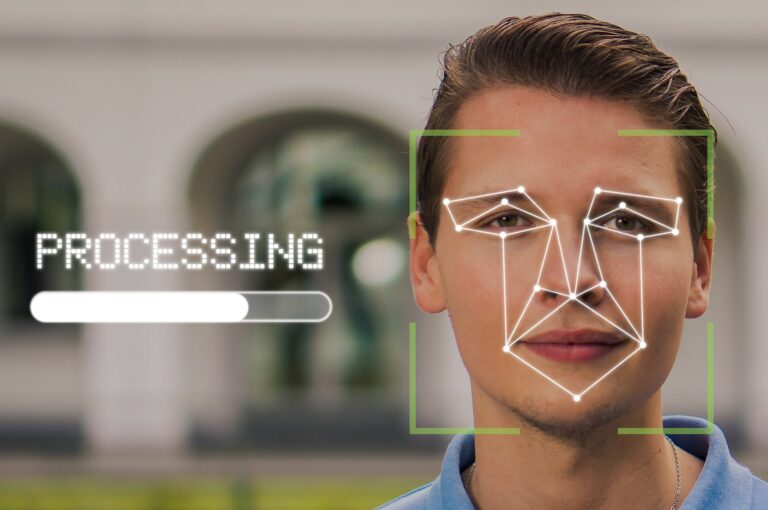


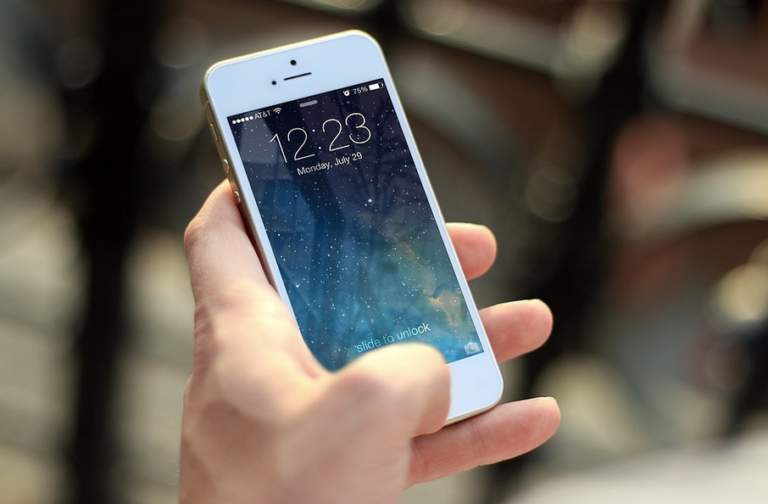
+ There are no comments
Add yours